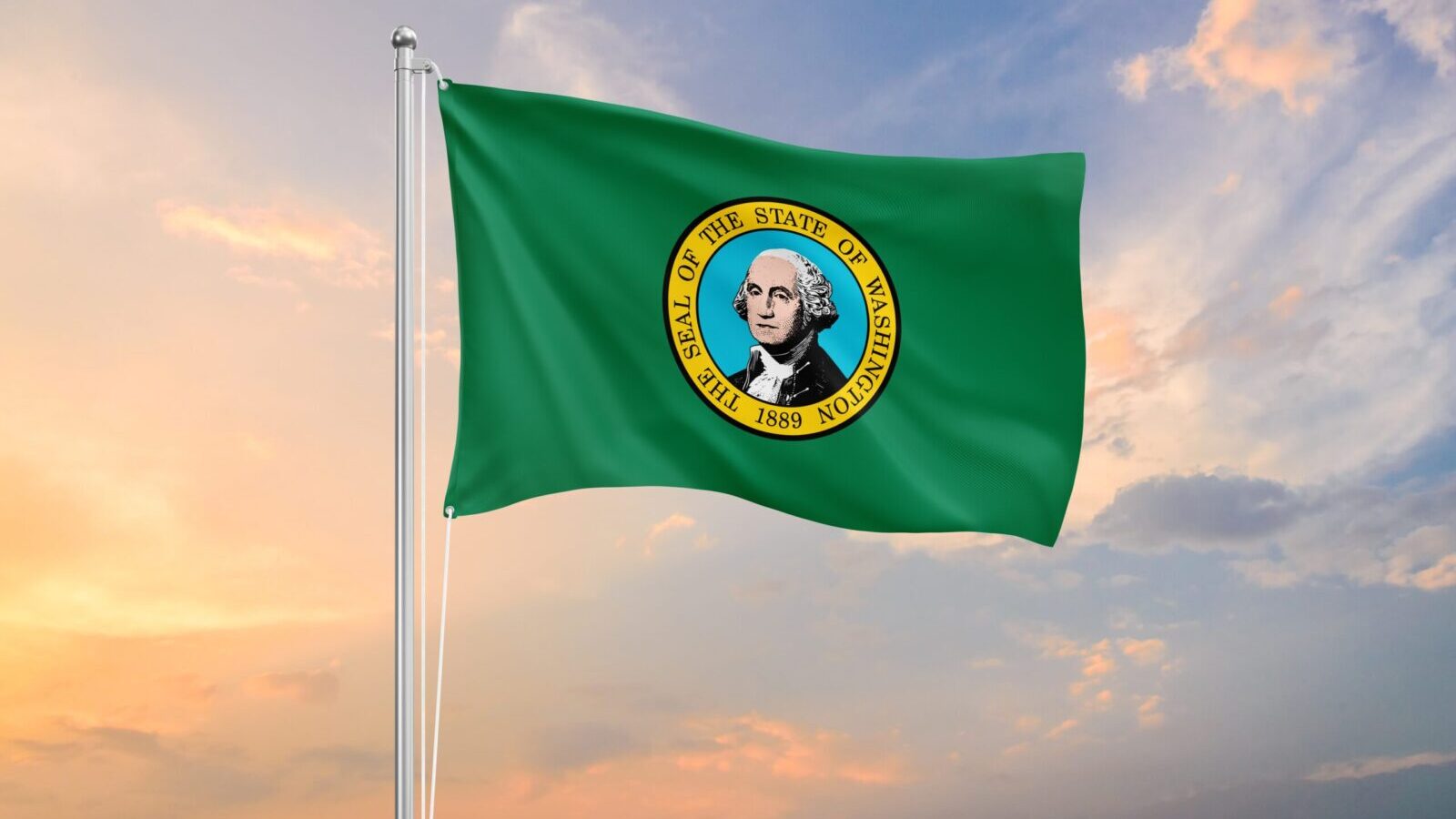Ninth Circuit Court Upholds Tribal Sovereignty In Washington Gaming Dispute
The decision comes as tribes in different states continue to receive stronger support for their gambling initiatives
2 min

The Ninth Circuit Court of Appeals recently unanimously upheld a lower court decision to dismiss a lawsuit brought by cardroom operator Maverick Gaming. The case sought to challenge the gaming compacts between Washington state and its federally recognized tribes, a move that could have disrupted the carefully negotiated agreements that govern tribal gaming.
The lawsuit aimed to invalidate the compacts negotiated between Washington tribes and the state, agreements that were approved by the federal government. Notably, the tribes themselves were not included as parties to the lawsuit, meaning any decision on the compacts’ validity would have occurred without tribal participation.
This procedural omission played a pivotal role in the court’s dismissal.
Maverick Gaming’s broader objective is to dismantle Washington’s state law that restricts sports betting to tribal casinos. Passed by a bipartisan supermajority in the state legislature, the law reflects Washington’s longstanding policy of supporting regulated governmental gaming, such as tribal gaming and the state lottery, while limiting private entities’ ability to profit from gambling.
The law was later incorporated into the gaming compacts negotiated with tribes, solidifying their exclusive rights to operate sports betting within their brick-and-mortar casino facilities.
The Ninth Circuit Court’s panel highlighted that Maverick’s desired outcome conflicted with Washington’s well-established policy on gambling regulation. The court also emphasized the broader implications of the lawsuit on tribal sovereignty, particularly the economic and legal protections provided by the gaming compacts.
A victory for tribal governments
The ruling is a strong reminder of the role gaming plays in supporting tribal governments and communities. By generating revenue under the compacts, tribal casinos fund essential government services for tribal citizens and reservation residents.
The Ninth Circuit concluded that Maverick’s lawsuit could not proceed “in equity and good conscience” without the tribes’ involvement, as it implicated “legally protected economic and sovereign interests” central to the tribes’ self-determination.
Washington Indian Gaming Association Executive Director Rebecca George welcomed the ruling, viewing it as a reaffirmation of tribal sovereignty. She noted that the unanimous decision marked the fourth federal judge to rule against Maverick Gaming’s efforts to undermine the tribal-state gaming compacts.
“Washington tribes are sovereign nations,” George said in a statement. “The gaming compacts are carefully negotiated, government to government agreements that are fully valid and legally binding. The Washington state legislature’s bipartisan supermajority decision to limit sports betting to the premises of tribal casinos is not only legally sound, it also strikes exactly the right balance, allowing responsible adults to participate in safe and well-regulated gaming activities while minimizing the negative social consequences that can sometimes result from gambling.”
George also expressed confidence in the legal foundation of the compacts and the tribes’ ability to continue defending its rights against Maverick Gaming’s challenges.
A legal battle far from over
Despite this legal victory, the fight is expected to continue. Maverick Gaming has indicated its intent to persist with its efforts to challenge the compacts and the broader framework of tribal gaming regulation.
Still, tribal leaders and advocates remain steadfast in their commitment to defending the Indian Gaming Regulatory Act and preserving the sovereignty of Washington’s tribes.





